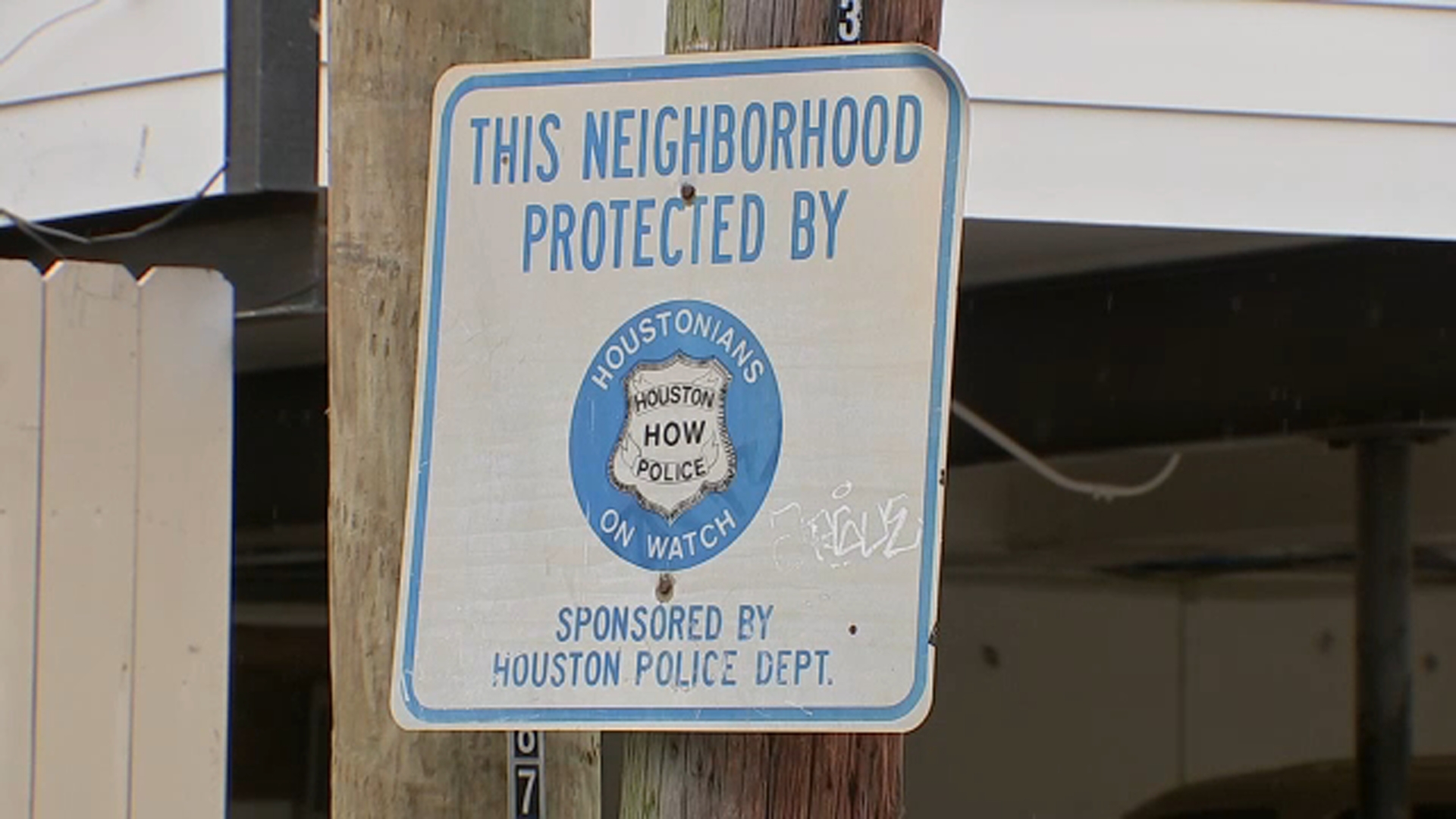How Houston continues to become beacon in the fight for women's rights
HOUSTON, Texas (KTRK) -- It's been nearly 50 years since the Equal Rights Amendment was approved by both houses of Congress. But still, the amendment that guarantees equal rights for women still has not been ratified.
Even today, nothing in our Constitution guarantees equal rights regardless of your sex.
Now the fight to add the ERA to the Constitution is taking on a new momentum, building off the roots of the 1970s progressive women's movement that took place right here in Houston.
In the early 1970s the women's movement seemed unstoppable.
"Energy was so high? It was just amazing. Just absolutely amazing. We felt we could conquer the world," said Dr. Nancy Joyner, former vice president of the American Association of University Women in 1977.
Born from a commission, the Kennedy Administration created the National Organization for Women, or NOW. It was formed in 1966 to fight for women's rights that, until then, had been largely ignored.
"What they observed was women were discriminated against in virtually every aspect of life," Houston activist Deborah Bell said.
The ERA is a commitment to equality. It promotes laws and court decisions to fairly take into account women's experiences as well as men's. When the ERA was written, women's status in American society was often seen as secondary to men. If ratified, the ERA would be a constitutional amendment that guarantees equal legal rights for all American citizens regardless of sex.
From this fight, the idea to hold a women's convention was born. It was a time of change. One most people today don't even know about.
"It's a mystery to me. I think Gloria Steinem said it was four of the most important days in women's history that no one knows about. And I think that's true. In fact, until I started researching for 'Mrs. America,' I had never heard about this women's convention," Creator of FX on Hulu series "Mrs. America" Dahvi Waller said.
"Mrs. America" illuminates the 1970s fight for the Equal Rights Amendment.
"And when I started reading about it, it sounded like the most magical place to be for that weekend. They really ran it like a political convention. So women had to run to be delegates. They came from all over the country. Buses bringing women from Alaska, from rural areas and urban areas," Waller said.
SEE ALSO: A look back at the 1970s women's movement in Houston

Four days in Houston. The first conference of its kind held to redefine the role of women in the country led by 2,000 delegates from 50 states, six territories and 20,000 women in attendance.
"The controversy helped to mobilize and politicize women's rights groups in the Houston area," former KTRK anchor Jan Carson said.
"For me, it was definitely a life-changing event. I think it was for a lot of women. I think a lot has come out of that experience," Deborah Bell said.
Though the Albert Thomas Convention Center is now just a dining complex in the Theatre District, the movement sparked inside that building is very much alive today.
Bell was a stay-at-home mom in the '70s and attended the 1977 conference.
The former Pride Houston Grand Marshal is still an activist in Houston, supporting local feminist groups and currently the director of advocacy at the Walk for Mental Health Awareness-Houston.
Bell said the best way to carry on the movement from the '70s is to be active in change today.
"Everyone needs to be very conscious of taking oxygen, and that means getting involved. And there are a number of ways to do that. If you want things to change, you have to be a part of making it happen," Bell said.
SEE ALSO: 'Hard hats have no gender:' Women sparking change in industry usually dominated by men

Joyner both attended and worked at the conference, and says even in 2021, there is still work to be done.
The COVID-19 pandemic has disproportionately hit women in the workplace. Four times as many women as men dropped out of the labor force, according to the Center for American progress, erasing the hard work of women over the past four decades.
Joyner said we all have a responsibility to continue to push for change.
"It doesn't matter whether they're gay or straight or Black or white, all of them we accept and recognize and appreciate. I don't see that right now. So we've gone backwards. We need to go forward again," Joyner said.
But for women who never lost their purpose, the fight continues.
"It's been a long time since that conference, over 40 something years, but we haven't come as far as I would have liked us to in that time," Bell said.
"The conference may have done more to unify a diverse group of women than a common goal of equality than any other event in history," Carson said, including the effort to get the Equal Rights Amendment finally passed.











